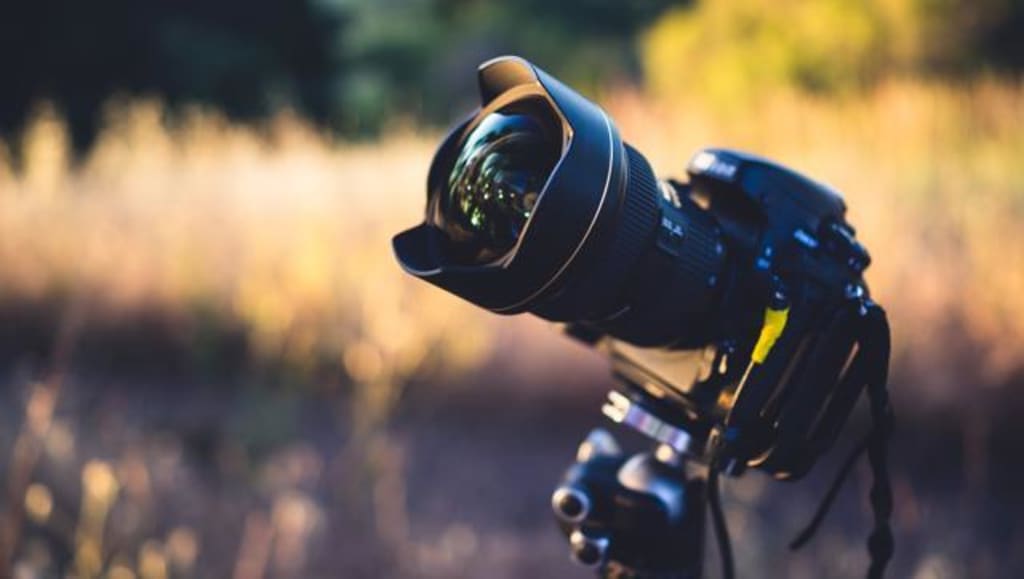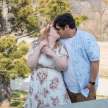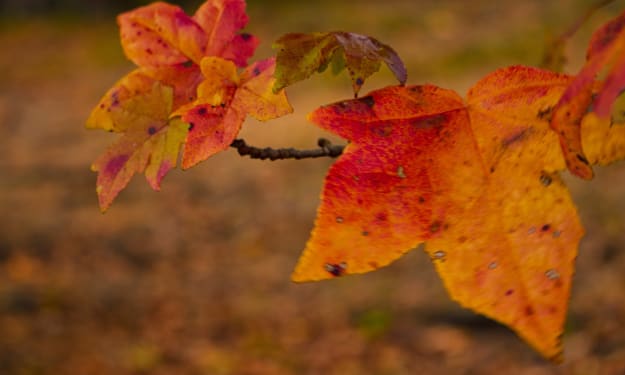Photography Talk for Beginners: Camera Selection, Operation, and Practicing
Just starting out in photography? Here's what you need to know about buying your first DSLR, operating your camera, and practicing!

Obviously, if you want to start a photography business, you’re going to need a camera.
Camera Selection
So first thing’s first: camera selection! Whether your budget is $200 or $2,000, you can't go wrong with a DSLR. Now, you could start out with a simple point-and-shoot camera, but you eventually want to work your way up to a DSLR, because DSLRs have interchangeable lenses, and the settings can be changed up a LOT more than with a simple point-and-shoot.
If you do decide to shell out enough money for a DSLR right off the bat, I suggest getting a bundled deal that includes two or three different lenses, some SD cards, a tripod, and any other accessories you think you'll use. One non-kit lens I HIGHLY recommend to everyone is the 50mm f/1.8. It shoots amazingly in low-light, and is my go-to lens for any situation.
When I bought my first point-and-shoot, my intention for use was to make better quality films for my film class in high school. It did a great job and recorded amazing HD video—but I found a new love for something... photography. In November of 2015, I had finally saved up to buy myself a legitimate DSLR: the Canon EOS 70d. I still use it to this day; and while it's not the newest or necessarily ~the best~ camera out there, it's still a higher quality than, say, a Canon Rebel T5i (however, the Canon Rebel series is PERFECT for beginners because they usually run under $500 and can still produce a high-quality photo).
Operation
So, you’ve bought your first DSLR camera and probably you’re ready to launch your website, open up a print shop, and start paying money out the wazoo for advertising in your city. While it’s good to be ambitious, it’s also good to be patient. First, learn your camera. There are TONS of resources for learning about the different settings on your camera. The best and probably the most informative, being The SLR Lounge. They have a YouTube channel as well as their own website where you can learn nearly everything you want to know about photography, whether or not you're a beginner, or a pro! However, I HIGHLY recommend you learn about ISO, aperture, and shutter speed before anything else. Here's a great article about what these things are, what they do, and how you can utilize these tools to make your photography absolutely outstanding.
Once you start editing your photos, Phlearn is a great resource as well. They provide in-depth tutorials on how to achieve certain looks and how to accomplish certain editing tasks.
Practice, Practice, Practice!
When you first start out, you’ll probably drag your camera everywhere. Which is good! The more practice, the better your photos will turn out & the more you’ll learn. I cannot stress how important practicing is. Toggle with the settings, shoot in different lighting situations. Just really get to know your camera. This is also a great time to shoot lots of different things and figure out what you love most, so you can base your business around that particular subject.
Start out with your friends and family—and expect to be underwhelmed with your first few shoots. You're not going to be perfect on the first few tries! Just remember to learn from your mistakes and PRACTICE. If you don't really like photographing people, try landscapes and macro photography. Once you find your niche and what you like to shoot, just keep on shooting!
Next week I'm going to be covering the technical stuff: lighting guide, posing tips, composition tips & angles. Hope this helps you out!
About the Creator
Jasmine Smoot-Leyva
I’m a professional photographer, filmmaker, musician, podcaster, and author based in Dallas, TX. I'm obsessed with tattoos, my two huskies, and being my own person.







Comments
There are no comments for this story
Be the first to respond and start the conversation.